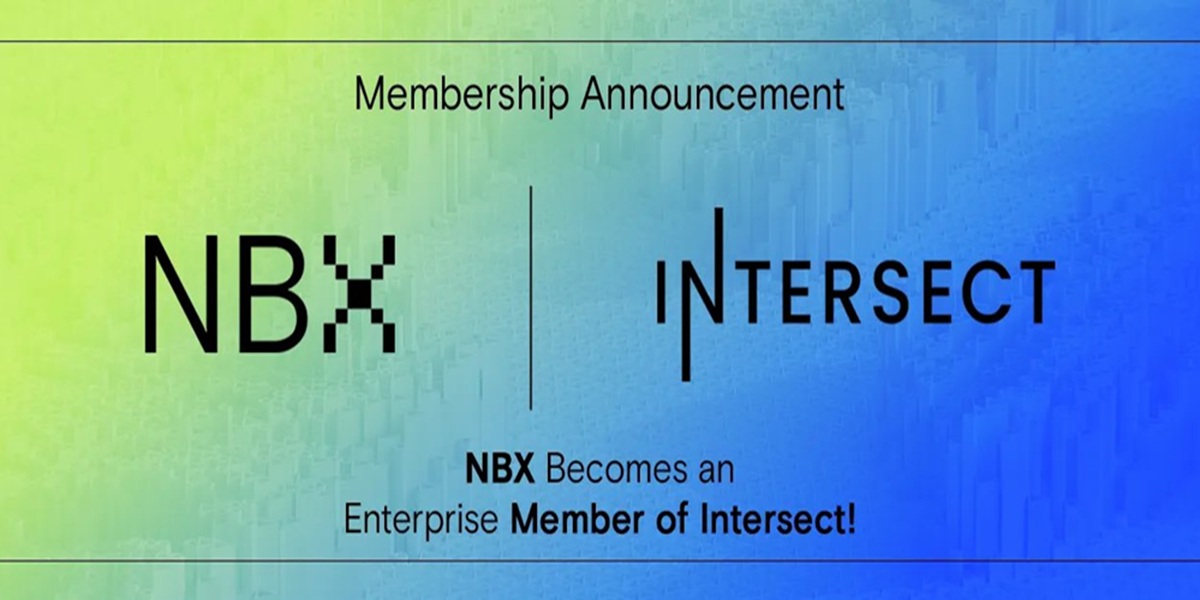Ripple (XRP) is a real-time gross settlement system, currency exchange, and remittance network created by Ripple Labs Inc. in 2012. Ripple is built on a decentralized, open-source protocol and ledger that uses a consensus algorithm to validate transactions and maintain the network.
Ripple is designed to enable fast and cheap cross-border payments and remittances, with transactions settled in just a few seconds. The network uses its own cryptocurrency, XRP, as a bridge currency to facilitate transactions between different currencies and financial institutions. This makes it possible for financial institutions to move money across borders quickly and cost-effectively, without the need for intermediaries or correspondent banks.
One of the key features of Ripple is its focus on interoperability and compatibility with existing financial infrastructure. Ripple's technology can be integrated with banks and other financial institutions, allowing them to use the network to improve their payment and settlement systems. Ripple has partnerships with many major banks and financial institutions around the world.
Ripple has faced some controversy in the cryptocurrency community due to its centralized control over the XRP supply and the ongoing legal dispute with the U.S. Securities and Exchange Commission (SEC) regarding the regulatory status of XRP. Despite this, Ripple remains one of the most widely used and well-known blockchain-based payment networks, with a market capitalization that consistently ranks among the top cryptocurrencies.
The article does not constitute financial advice.


